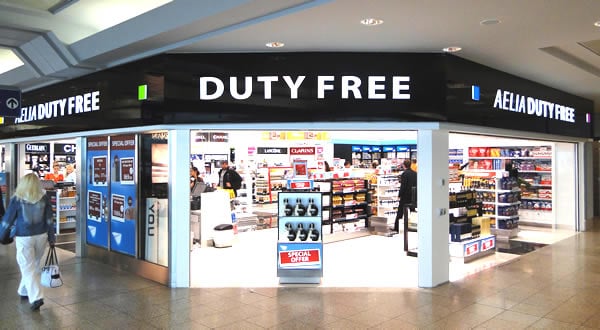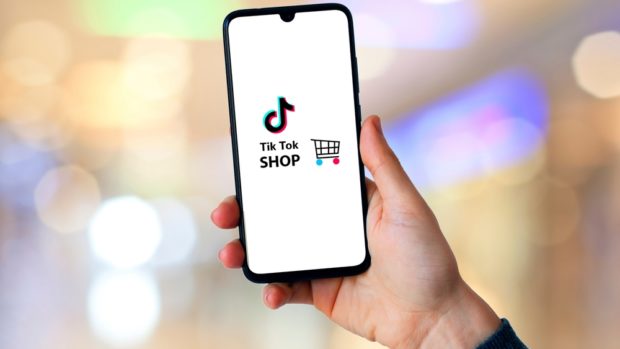
Fear of buying from fraudulent websites (72 per cent), damaged or delayed deliveries (72 per cent) and issues with customs (68 per cent) are putting UK consumers off from cross-border eCommerce purchases, new data suggests.
61 per cent said shopping on a foreign language website was a significant put-off, while 49 per cent said they wouldn’t buy a product online if the website wasn’t in English.
However, more than two-thirds (68 per cent) of UK consumers say they still regularly purchase products from international eCommerce stores outside of big-name brands such as Amazon.
The research survey, commissioned by Weglot and run by OpinionWay, highlighted the current relationship UK consumers have with international eCommerce stores.
52 per cent of these consumers said they found prices to be more attractive from international sellers. Other reasons included international stores having products not available in the UK (28 per cent), offering faster delivery (27 per cent) and feeling safer to buy directly from the brand’s website (17 per cent).
One in two (50 per cent) UK consumers are tired of consulting the same online marketplaces, while 59 per cent intend to order an international product in the next six months.
However, there is a significant age gap, with 86 per cent of 18-34 year-olds often shopping from international eCommerce stores compared to just 49 per cent of over 50s.
23 per cent of over 50s always stick to shopping locally online, compared to just 4 per cent of 18-34 year-olds.
Clothing, textiles and shoes (52 per cent) and books/video games (40 per cent) were some of the most popular items bought from international stores.
Augustin Prot, CEO at Weglot, said: “Although it is incredibly hard to stop fake websites from popping up online and any delays or accidents in the delivery process, retailers do have control over how they present their stores online. Shopping in their native language will always be a consumers’ preferred choice, and online retailers can open up new revenue streams by localising their offerings.
“Technology is making it easier for foreign retailers to enter new markets, tailor their services and personalise experiences towards customers in any country. Removing international barriers is also proving wonders for once regional brands who are now able to sell their products to international audiences. Overall, we’re predicting a positive future for online stores that can adapt their offers and open up shop to local consumers while providing international-level services.”








Share